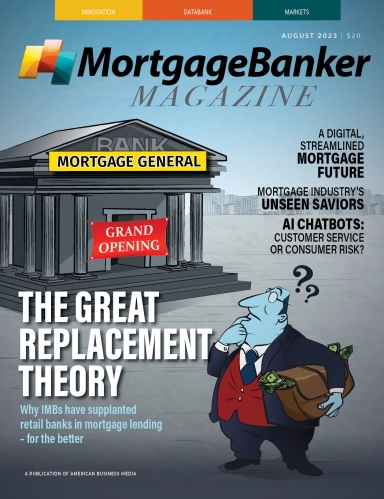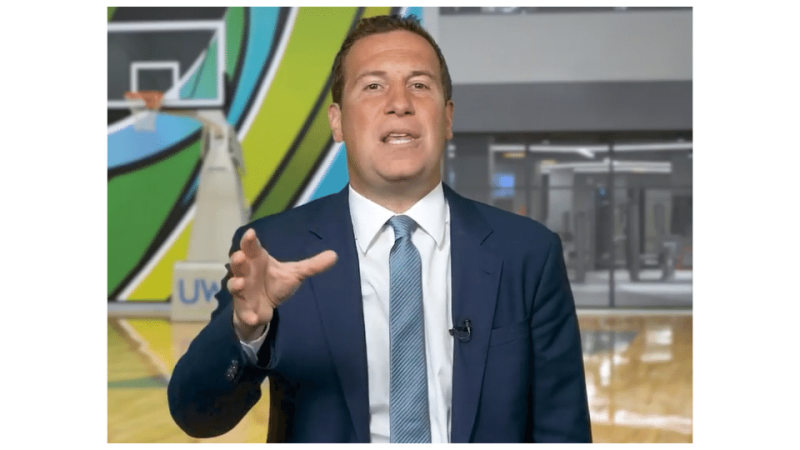Continue to Invest
Rossato says that continuing to invest in automation is key, especially in a down market when loan officers are trying to do everything to their ability to keep customers happy.
“Loan origination takes so much time, when you think you’re at the finish line your [debt-to-income] ratio gets messed up or your insurance doesn't come in where you thought it would,” she explained. “There are so many factors that can lengthen that time, and those pull-through rates aren't as high as they should be. For this reason, [Floify’s] looking at it from the borrower's point of view to help them through the homeownership journey.”
But it means that investing has to happen in a calculated manner, Rossato said.
“One thing to think about entering the AI world is the potential for danger. You have to be careful with the technology partners that you choose who use AI across large data sets,” she said. “People can get in trouble if they use it incorrectly, especially if that AI violates compliance issues. … You want to partner with fintech who makes your workflow easier. If you try to fully digitize something as big as a home purchase, it’s not going to work.”
Watch it on The Interest:Tech Is Money And Time
For others, investing in fintech is a way for lenders to mitigate risk. John Paasonen, co-founder and CEO of Maxwell Lender Solutions, says that risk occurs when lenders have a weak business model and little flexibility.
“There’s a big demand for efficiency,” Paasonen said. “The MBA said the average pre-tax production loss in Q4 [of 2022] was 99 basis points. We’re seeing a huge demand right now for help managing costs, and it’s revealing how fragile some business models are if they can’t flex up or down with the market.”
Paasonen says that when the market shifts, many lenders opt to hire or fire as a way to navigate. But Paasonen says that fintech can be solvent – if lenders choose to make the investment. “Maxwell is more than software. We do processing, underwriting, and really take on the idea of embedded finance, which means we see a mortgage as a service,” he said. “We think about what we can do on a larger scale to help take on the complexities of the business so LOs can focus on their relationships and being forward facing.”












